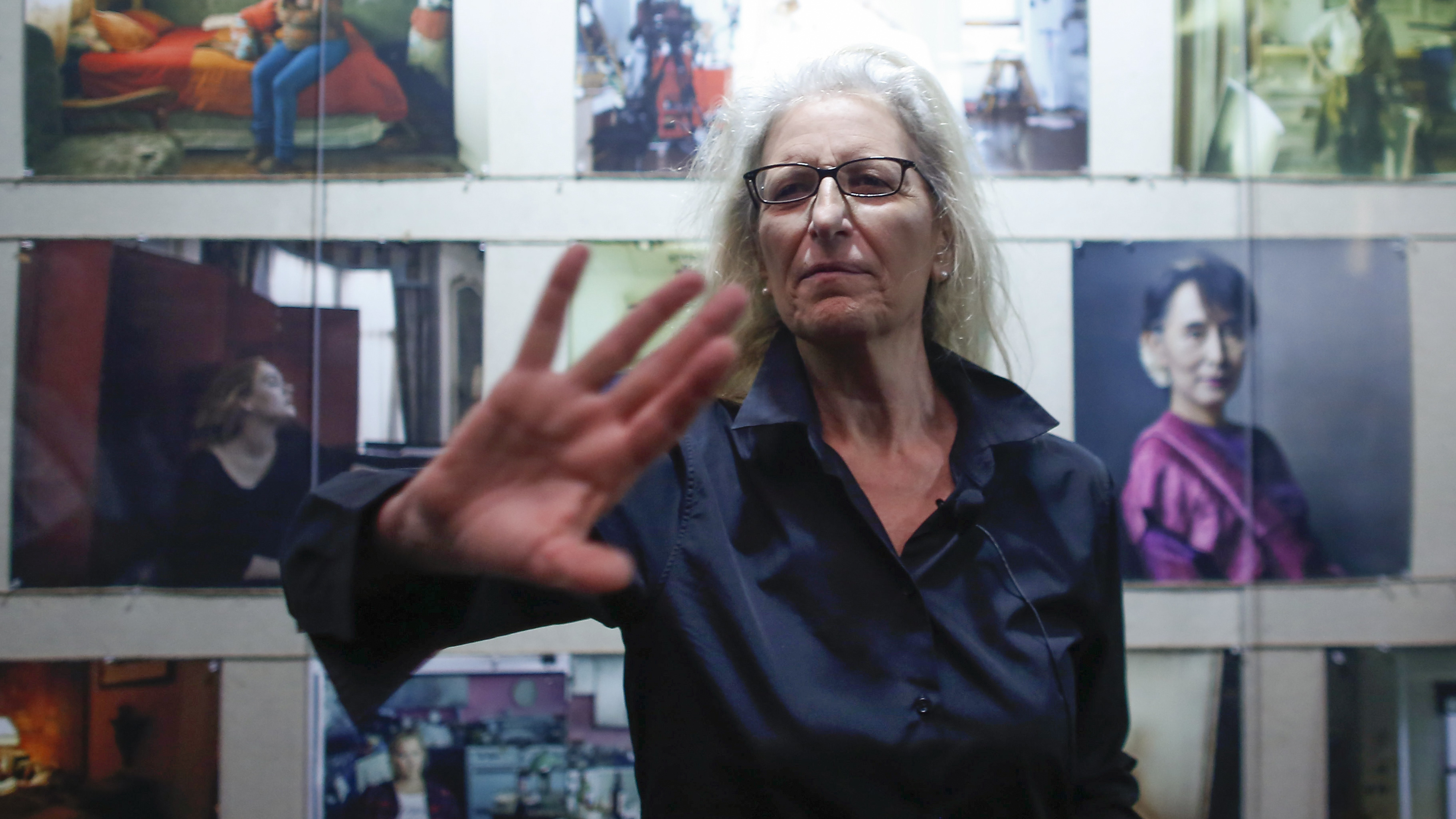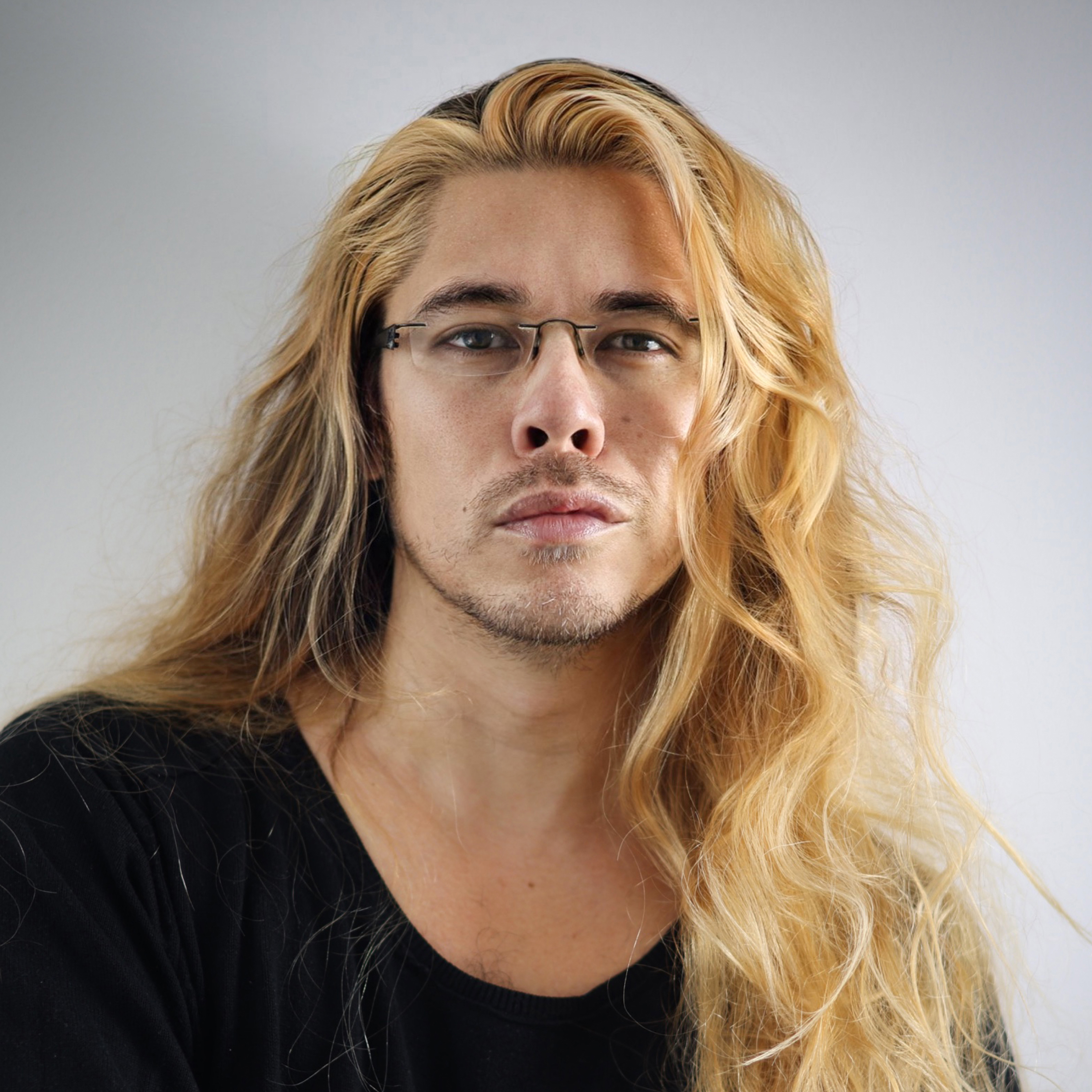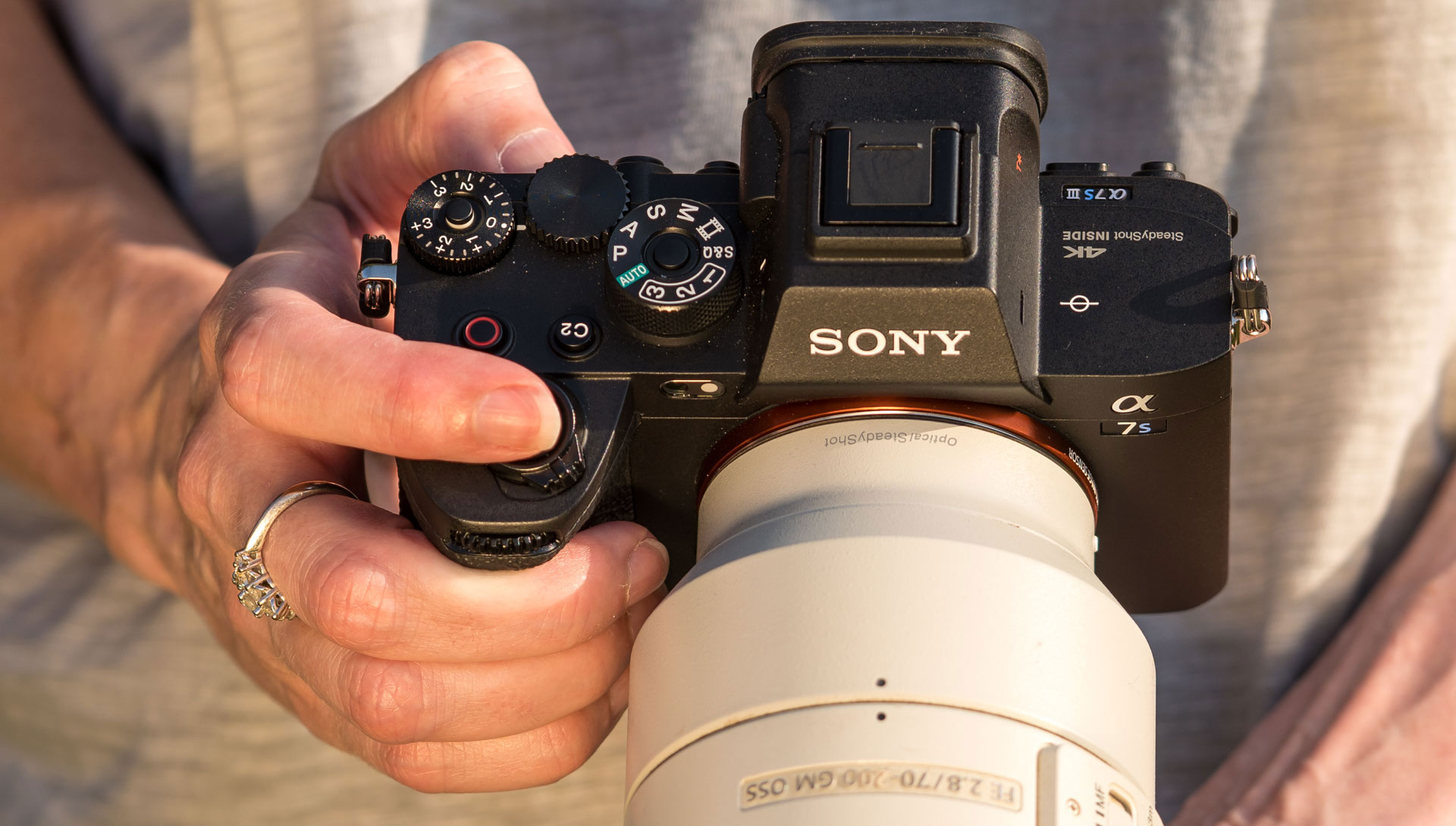Annie Leibovitz photos blasted: "yet again she can’t photograph Black women"
"Yet again she can’t photograph Black women": Annie Leibovitz's shots of Ketanji Brown Jackson come under fire

The best camera deals, reviews, product advice, and unmissable photography news, direct to your inbox!
You are now subscribed
Your newsletter sign-up was successful
Annie Leibovitz has come under fire from the public and media alike for her recent photographs of United States Supreme Court Justice, Ketanji Brown Jackson, taken for Vogue.
Jackson, the first Black woman on the US Supreme Court, is depicted at the Lincoln Memorial in Washington, DC. However, Leibovitz's images shared on Twitter (below) are overly dark and underlit, leaving her subject underexposed and poorly represented – a criticism that has long been leveled at the photographer when photographing Black subjects.
"This is a longtime problem of Leibovitz's," wrote Tayo Bero in a scathing piece titled 'Annie Leibowitz proves yet again: she can't photograph Black women'.
"The photographer has dropped the ball many times in her depictions of other powerful Black women, including Simone Biles, Viola Davis, Serena Williams and Rihanna. In all cases, she manages to make her subjects look dull, ashy, pained and sad, a far cry from the lively and graceful people that they usually are."
United States Supreme Court Justice, Ketanji Brown Jackson, Lincoln Memorial, Washington, D.C., 2022 / For @voguemagazine pic.twitter.com/5jMI3KwIbcAugust 16, 2022
She also referenced the unfortunate, if unintended, subtext that many have picked up on. "Having Abraham Lincoln be the focal point of the first image came off to many critics as projecting a white savior narrative."
Twitter was, as you might expect, in uproar. "Annie Leibovitz is an incredibly accomplished photographer. And she's shown again and again she doesn't know how to light dark-skin models," one user tweeted. "A great example of sometimes you should pass an assignment on to someone else who has better skills than you in an area."
The sentiment that the legendary photographer could have passed this job on to another professional – particularly a Black one – was a common theme among responses.
The best camera deals, reviews, product advice, and unmissable photography news, direct to your inbox!
"Annie, I know you're famous, but you've proven time and time and TIME again that you don't know and don't care to learn how to photograph Black people. How to appropriately use lighting." came another tweet. "You CAN say no. You CAN recommend talented Black photographers who will do better than you."
The biggest issue with the images is the remedial issue of exposure; it's a fairly rudimentary photographic fundamental that the eye is drawn to the point of the image with the highest contrast. Which, in this case, is the background – not the subject. Something that even non-photographers noticed.
"In both photos your focus goes to the background before it goes to the subject," came one criticism. "I don't think you really even need to have an art background like I do to be able to point this out."
Perhaps the most scathing remark came from a user who suggested that Leibowitz should start shooting on a Google Pixel 6, which features Real Tone inclusive camera technology.
"Full disclosure, I do NOT have a Pixel 6. BUT...there WAS an ad about this exact thing and I'm surprised someone like isn't able to do better for #KBJ."
Great photographs, like all great art, should challenge us and start conversations. However, we can't help but feel that these aren't the kinds of debates that Leibovitz was hoping to provoke with these portraits.
We've previously shared advice from a professional on photographing dark skin tones, which can require a different approach to lighting. If you're interested in improving your portraits, refresh your overall know-how with our portrait photography tips, and discover the best cameras for portraits and the best lenses for portraits.

James has 25 years experience as a journalist, serving as the head of Digital Camera World for 7 of them. He started working in the photography industry in 2014, product testing and shooting ad campaigns for Olympus, as well as clients like Aston Martin Racing, Elinchrom and L'Oréal. An Olympus / OM System, Canon and Hasselblad shooter, he has a wealth of knowledge on cameras of all makes – and he loves instant cameras, too.
